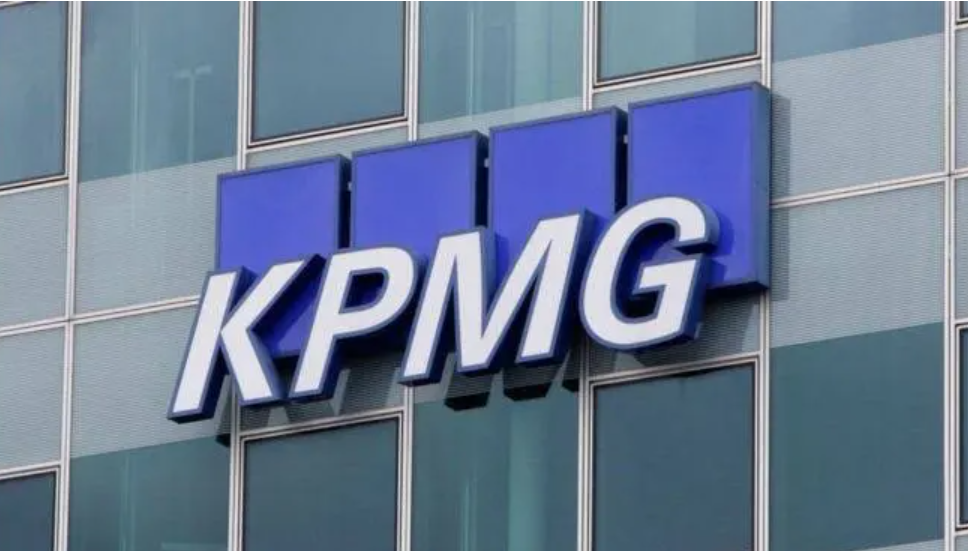Open banking, a revolutionary force reshaping the financial services landscape, is poised to transform Nigeria’s banking sector. KPMG, in its recent report, stresses the urgency for banks and financial institutions to accelerate their preparations for the anticipated August 2025 launch. This new paradigm, facilitated by Application Programming Interfaces (APIs), empowers customers to authorize the sharing of their financial data with third-party providers, opening doors to a plethora of innovative and personalized financial services. The report, titled “Modernising Core Banking Systems: Navigating challenges to achieve resilient transformation,” underscores the need for traditional banks to modernize their existing infrastructures to harness the full potential of open banking and effectively compete with emerging digital players. This shift necessitates a profound re-evaluation of core banking systems, prompting institutions to embrace agile, resilient, and innovative platforms.
The impending arrival of open banking in Nigeria presents both opportunities and challenges. KPMG highlights the crucial role of open banking in driving innovation and growth within the digital financial services sphere. By streamlining access to financial data and infrastructure through secure APIs, open banking enables the creation of cutting-edge financial products and services. Examples include virtual accounts, sophisticated card management solutions, seamless payment rail integrations, and robust merchant payment gateways. The report emphasizes that open banking fosters collaboration and partnerships within the financial ecosystem, paving the way for a new era of financial service innovation. However, the 2025 deadline necessitates swift action from banks to ensure their systems are ready.
KPMG identifies several key impacts of open banking on the Nigerian financial sector. First, it enhances data mobility and control, allowing customers to securely share their financial information with third-party providers, leading to more personalized financial services tailored to individual needs. Second, open banking promotes service integration and collaboration through APIs, enabling seamless interaction between banks and third-party providers, and fostering the development of progressive financial products and services. Third, open banking is expected to boost financial inclusion by leveraging alternative data sources like mobile phone usage, utility bill payments, and social media activity, extending access to financial services through digital channels. Finally, open banking accelerates the modernization of core banking systems, requiring institutions to adapt to API-driven data sharing and service integration.
The transition towards open banking requires traditional banks to address several challenges. Legacy systems, often burdened by outdated technology and processes, struggle to support the agility, innovation, and resilience demanded by the evolving financial landscape. Emerging digital challengers, unencumbered by such technical debt, are setting new standards with intuitive platforms, seamless service delivery, and rapid product evolution. This competitive pressure underscores the urgency for traditional banks to modernize their core platforms. They must not only embrace the concept of modernization but also devise and implement effective strategies to achieve it.
The KPMG report emphasizes that the modernization of core banking systems is no longer a choice but a necessity for traditional institutions. Failure to adapt will leave them vulnerable to disruption by agile and innovative newcomers. Banks must invest in robust and scalable infrastructure that can accommodate the demands of open banking, including API integration, data security, and real-time processing. This transformation requires a strategic approach encompassing the entire banking ecosystem, from front-end customer interfaces to back-end processing systems. Furthermore, banks must prioritize customer experience, ensuring seamless and personalized interactions across all channels.
In conclusion, the advent of open banking in Nigeria represents a watershed moment for the financial services industry. As the 2025 deadline approaches, banks and financial institutions must prioritize the modernization of their core banking systems. This transformation is crucial for navigating the challenges and harnessing the opportunities presented by open banking. By embracing innovation, collaboration, and customer-centricity, traditional banks can leverage open banking to enhance their competitiveness, drive financial inclusion, and contribute to the growth of Nigeria’s dynamic financial ecosystem. This requires a concerted effort from all stakeholders, including regulators, financial institutions, technology providers, and customers, to create a secure, efficient, and inclusive open banking environment.


